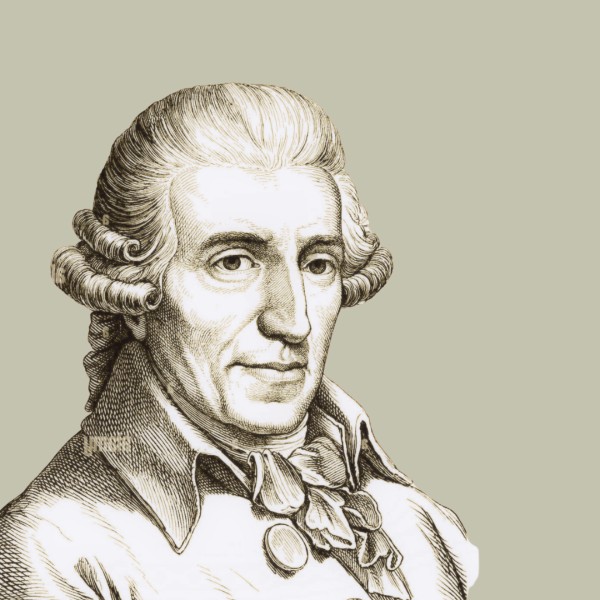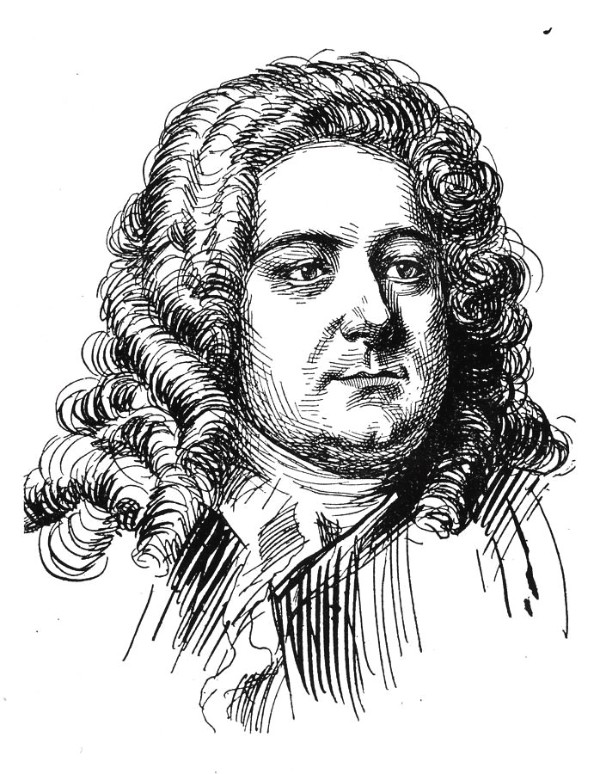In the gospel of Luke, a group of shepherds are tending their flocks in the countryside near Bethlehem when they are spotted by a group of angels. The shepherds are rather worried and terrified by such extraterrestrial apparitions, but the angels quickly give them some good news. They said, “Today in the town of David, a Savior has been born; he is the Messiah, the Lord.”
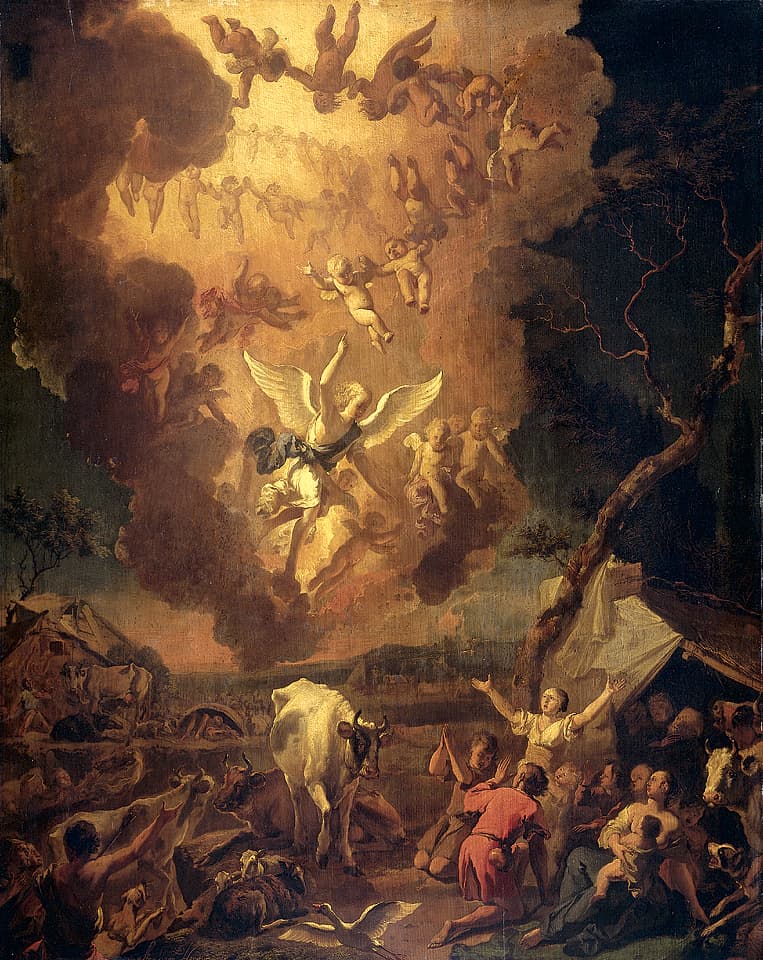
Abraham Hondius: The annunciation to the shepherds
This episode is called the Annunciation to the Shepherds in the Nativity of Jesus. The angels give the shepherds clear instructions on where to find the baby, and many more angels appear. They basically sing “Glory to God in the highest, and peace to the people on earth of goodwill.” It is one of the most famous passages in the bible, and it has been set to music thousands of times.
Johann Sebastian Bach: Mass in B minor, “Gloria & Et in terra pax”
This Christian hymn is known as the Greater Doxology, basically a short hymn of praises to God in various forms of Christian worship. It is part of the Byzantine and Alexandrine Rite, it appears in Anglican and Protestant usage, and most important, in terms of music, in the Roman rite. Why is it so important? Well, it is sung or recited as part of the Mass, the main Eucharistic liturgical service in many forms of Western Christianity.
These famous words advocating peace on Earth have sounded in countless mass compositions, but some composers have also composed the words of the Gloria as stand-alone compositions.
Francis Poulenc: Gloria
Francis Poulenc did so on commission by the Koussevitsky Foundation of America in 1959. The musical result didn’t sit well with critics, and it was suggested that the composition bordered on the sacrilegious. Poulenc would have none of that and referred to some frescoes with angels sticking out their tongues, and he also witnessed some stern-looking Benedictine monks playing football one day.
Antonio Vivaldi: Gloria, RV 589 “Et in terra pax hominibus”
The musical activities of the Ospedale della Pietà (Hospital of Mercy) in Venice are closely associated with the priest-composer Antonio Vivaldi. And Vivaldi composed multiple settings of the “Gloria” text for his girl choir. The setting catalogued as RV 589 is probably one of Vivaldi’s most popular vocal compositions.
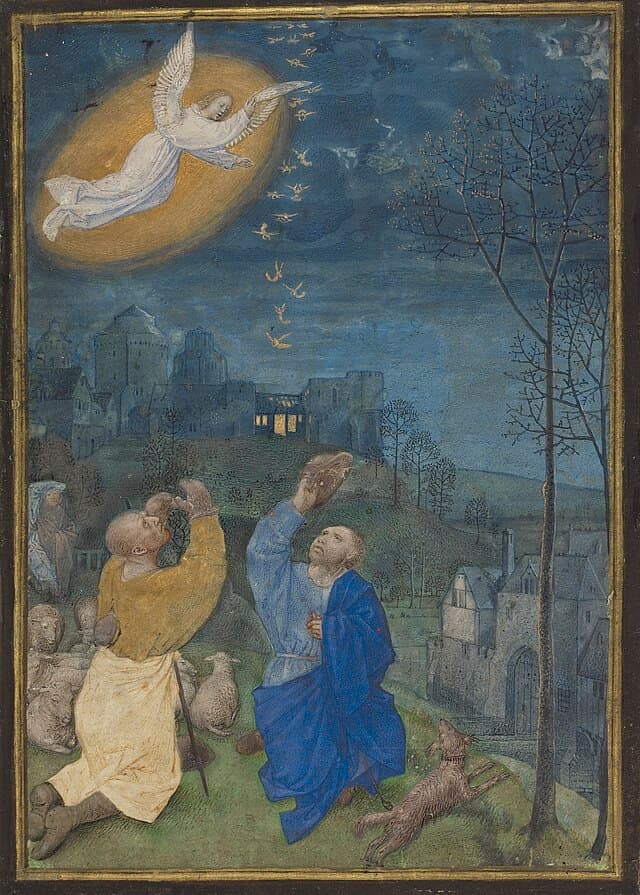
Annunciation to the Shepherds, from the Emerson-White Hours
Characteristically, the violins state the principal melodic interest in the opening movement, with the choir homophonically declaiming the text. We immediately sense a strong motoric rhythm, which we know so well from his concertos, but the “et in terra pax” the composer transports us into a beautiful harmonic world. Highly expressive and chromatic, it is one of the great musical meditations on that highly meaningful phrase “peace on Earth.”
John Rutter: Gloria, “First Movement”
John Rutter is primarily known for his choral music, composing Christmas carols, anthems and extended works such as the “Gloria,” the “Requiem,” and the “Magnificat.” He was educated at Clare College, Cambridge, where he was a member of the choir. He founded his own choir, the Cambridge Singers, in 1981.
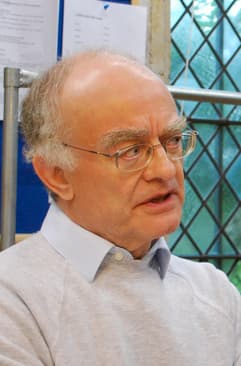
John Rutter
Rutter is a beautifully eclectic composer, drawing on French and English choral traditions, and also on lighter music and American classic songwriting. The “Gloria” dates from a 1974 commission, and it has enjoyed success over the years. The work is structured into three movements, and the brass ensemble with timpani, percussion, and organ, a combination which in the outer movements makes quite a joyful noise unto the Lord, frames a more introspective middle movement.
Camille Saint-Saëns: Oratorio de Noël, “Gloria”
In 1858, Camille Saint-Saëns was commissioned by the Church of the Madeleine to write an oratorio for the Christmas celebration. In 10 movements, the composer tells the Christmas story with additional commentaries upon that event. It is an intimate work that blends a number of musical styles.
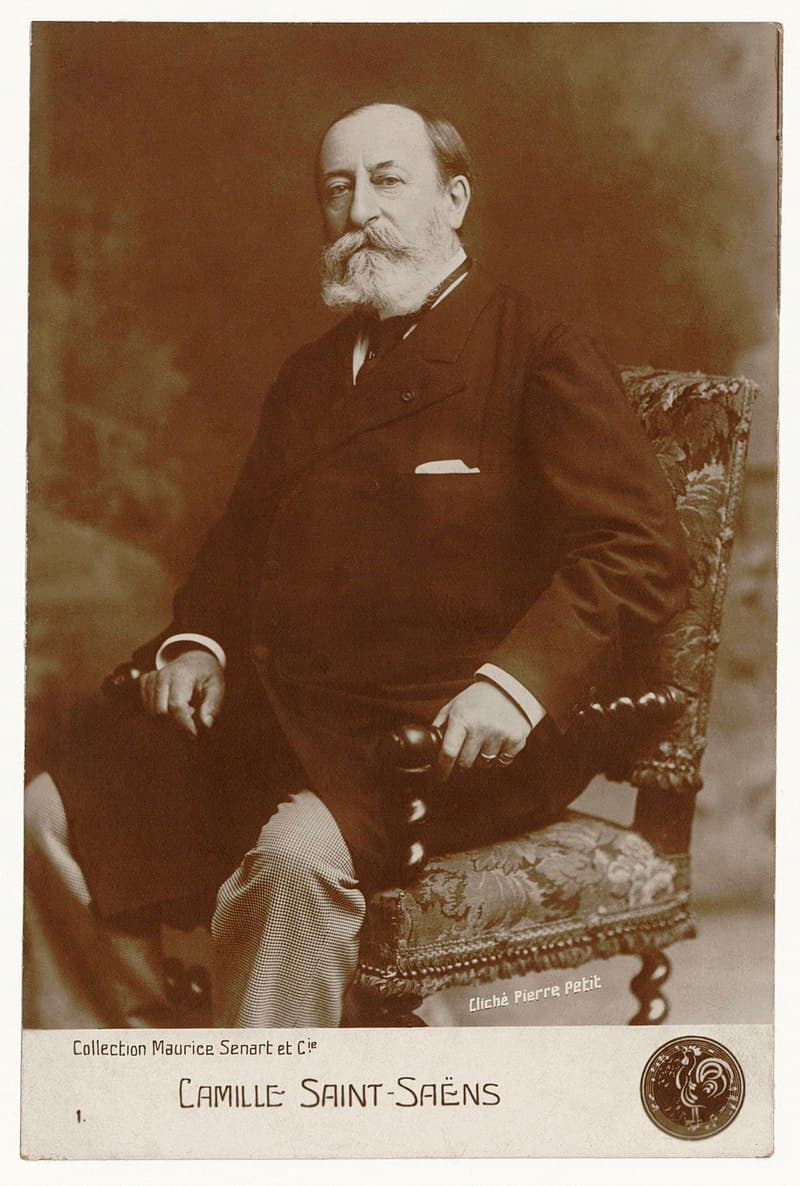
Camille Saint-Saëns in 1900
We find narrative recitatives, folk-like melodies, passionate operatic solo passages, and simple choral writing. It all starts with a Prelude in the style of Johann Sebastian Bach, setting the stage for the shepherds and angels, and the chorus responds with joyous praise to God and wishes for peace on earth. “Glory to God in the highest, and peace to the people on earth of goodwill.” As we approach the year 2024, it is my sincere wish that more people are of goodwill and actively work toward peace on Earth.
For more of the best in classical music, sign up for our E-Newsletter

